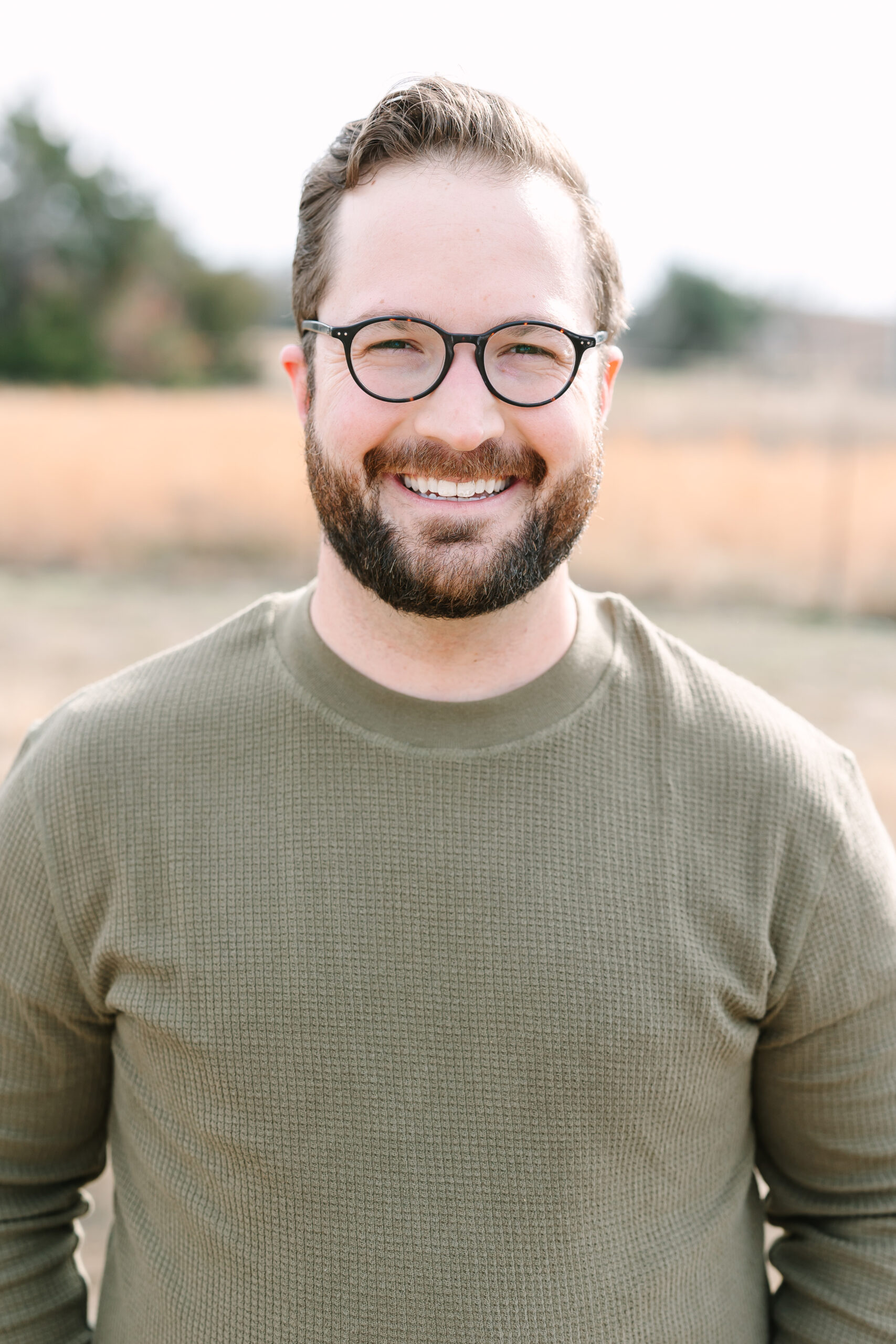⏱️ Estimated Reading Time: 6 min read
One of my favorite books that I read in high school was Scott Fitzgerald’s The Great Gatsby. I should clarify that statement. One of the only books I read in high school was Scott Fitzgerald’s The Great Gatsby. Usually, for books I had to read for homework, I would look at chapter summaries online and then try to ‘wing it’ in class discussions. This was easier for some books, and my grade suffered for others. But I was too lazy to want to sit down and read books that I had to read. Why couldn’t I read something more interesting?
But Gatsby grabbed hold of me.
There are many memorable plot points, motifs, and themes, but a very obscure scene is what has stuck with me to this day: when Jimmy Gatz showed Nick Gatsby’s childhood schedule.
Even at a young age, Gatsby had a drive for self-improvement. He desired to be not only successful but the best. So, he made a schedule for how he should spend each day. Here is what he wrote.
“Rise from bed 6.00 A.M.
Dumbbell exercise and wall scaling 6.15–6.30
Study electricity, etc. 7.15–8.15
Work 8.30–4.30 P.M.
Baseball and sports 4.30–5.00
Practice elocution, poise, and how to obtain it 5.00–6.00
Study needed inventions 7.00–9.00”
I remember being 15 years old and just staring at this list. How could someone my age create and maintain such a rigorous schedule? And he was checking all the boxes: physical exercise, studying, sport, manners and etiquette, and future planning. I didn’t even wake up at the same time each day, let alone be so productive. I know Gatsby is a fictional character, but this level of commitment and dedication to a goal still impresses me. I envied Gatsby. I wanted my life to look like this. I wanted to be able to put my head on the pillow each night and accomplish a ton of things each day.
I often wondered what my life would be like if I had a little more discipline. What would it mean if I really wanted to achieve a goal? It would look something like this—a total, transformative way of living my life in all areas of life. But for this to happen, you must have something worthy of all your effort. You would have to love something so much that you would rearrange your whole schedule to achieve it. It would mean getting rid of bad habits and creating good ones.
This brings us to Psalm 101, written by David. He starts the Psalm by mentioning how he will sing of God’s “love and justice” (v.1, CSB). These two attributes of God’s character motivate him to change his lifestyle dramatically. Because He loves the Lord so much, David will pursue holiness in every sphere of his life. This doesn’t just mean that David thinks about holiness or has warm, tingly feelings about holiness. He wants to be holy. David does this in three spheres of influence, and we can learn from and mimic him:
1) Personal. David says this in verses 3-4,
“I will live with a heart of integrity in my house. I will not let anything worthless guide me. I hate the practice of transgression; it will not cling to me. A devious heart will be far from me; I will not be involved with evil.”
Integrity means always doing what is right, even when no one is watching. David commits to having integrity in his personal domain. Where he lives, sleeps, relaxes and spends a lot of time. He commits to holiness in his house, in privacy. No one will see him. No one other than God will know what goes on behind closed doors. It would be easy for David; it is easy for us to be someone in public and be completely different when no one is looking. But this is not integrity. Holiness isn’t based on where we are geographically. We aren’t called to love God around others and act like a pagan in private. God cares about everything we do, wherever we do it. Therefore, we must be like David, hate sin, and not be involved with evil, even when alone.
2) Play Mates. In pursuing holiness, David then talks about those he lets influence him. He says he “cannot tolerate anyone with haughty eyes or an arrogant heart” (v. 5, CSB). Consequently, “no one who acts deceitfully will live in my palace” (v. 7, CSB). This does not mean that David retreats from the sinful world but rather is wise about who he will spend his time with. We become like who we are around. And David doesn’t want to become deceitful or arrogant. So he doesn’t want his closest friends and most intimate relationships to be ones that will hinder his goal of holiness. We should also surround ourselves primarily with believers, with our brothers and sisters. We need to pursue friendships with non-believers, but be careful that your ‘intentional evangelizing friendship’ doesn’t become the tale of the wayward saint, lured back to their previous lifestyle.
3) The Polis and Beyond. David concludes the Psalm by saying, “Every morning I will destroy all the wicked of the land, wiping out all evildoers from the Lord’s city” (v. 8, CSB). This is not a call to wage war or launch a Crusade. The Church grows through the Holy Spirit converting souls, and the Kingdom of God advances not with a physical sword but the Sword of the Spirit. But what David is concerned about is wickedness and evil. Not only because these things are destructive by nature but also because they are displeasing to God.
Likewise, our hearts should break when we see injustice or people living under unjust laws. We should desire to see crime reduced, people protected, and righteousness prevail. We should want what God wants, people flourishing by obeying His commands. His ways are not only good and pleasing to Him, but are the rules for right living that He has embedded in His creation. Holiness and love for God should compel us to see God’s kingdom advance through every occupation and area of life until the Great Commission is complete and the Lord Jesus returns.
Do you desire this goal? Do you want to really accomplish something with your life? Then start stepping into the life God has called you. The life He has equipped you to do the millions of good works you were made to do. But, just like Gatsby, it will require effort. You aren’t earning salvation or God’s love. You simply love Him by working to be more like Him. This will mean getting rid of bad habits and starting new ones. But it will be worth it in the end. “For physical training is of some value, but godliness has value for all things, holding promise for both the present life and the life to come” (1 Tim. 4:8, NIV). Therefore, your pursuit of holiness will have tangible benefits now and in the future.
With a singular goal and purpose, David can dramatically change his behavior to be more like Jesus – and we should, too.
Jacob is a committed husband, father, and teacher. He has taught social studies for over a decade in the US and internationally. He has written Right Before the Bell: A Teacher’s Weekly Devotional to help teachers use God’s Word to shape their classrooms. He is also the author of Hope to Win the War: How Pornography Enslaves and the Truth Frees. He loves reading, watching movies, hiking, and eating great food. Jacob also has the privilege of serving as an elder in his local church, and one of his greatest desires is to see people become all that God made them to be. He lives and teaches overseas with his wife and two children.




